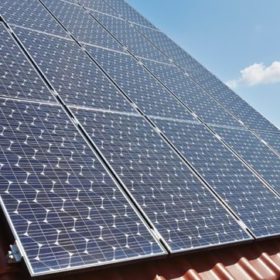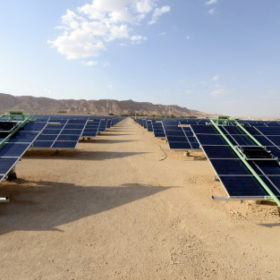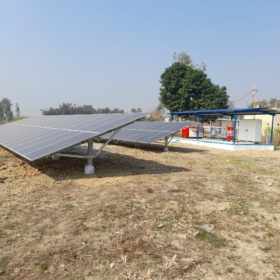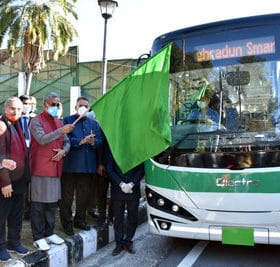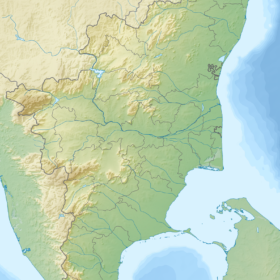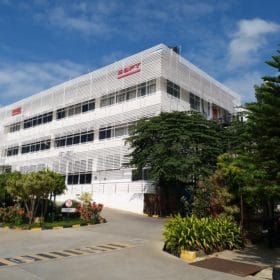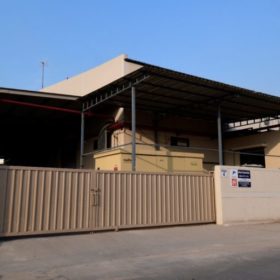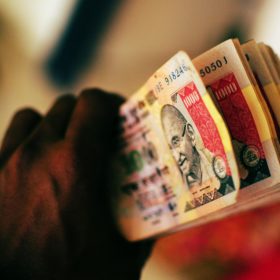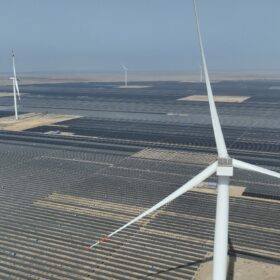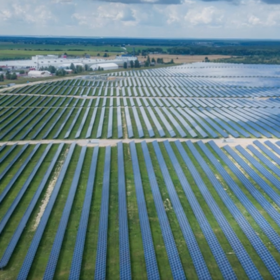IIT Jodhpur to get a 3 MW rooftop solar plant
Bids are invited to install and commission a 3 MW grid-connected rooftop solar project at Indian Institute of Technology Jodhpur (IIT Jodhpur) in the state of Rajasthan. The scope of work also includes operation and maintenance for ten years.
Ecoppia robotic cleaners selected for Azure Power’s 450MW solar project
The Israeli developer of module cleaning robots has bagged an order from Indian solar developer Azure Power to deploy its water-free cleaning solution across a 450 MW solar project in Rajasthan.
Tata Power arm hits ‘100 solar microgrids’ milestone
TP Renewable Microgrid has installed an aggregate 3 MW of solar microgrid capacity with its 100th project commissioned in Ratnapur, Uttar Pradesh.
Uttarakhand rolls out electric bus service
The hill state in northern India has added the electric bus footprint with the service flagged off in the capital city Dehradun. The state government plans to start 30 such eco-friendly electric buses in this financial year. The buses, supplied by Olectra Greentech, will run in Dehradun, Mussoorie, Rishikesh and Haridwar.
REIL tenders for supply of 5.8W mono PERC solar cells
Bids are invited from Indian manufacturers to supply 5000 mono PERC silicon solar cells. The deadline for bid submission is December 23.
Thermal energy giant NLC tenders 10 MW captive solar
Bidders have until January 11, 2021 to lodge interest for setting up the solar capacity under engineering, procurement (excluding PV module) and construction mode.
Saft rebrands its products made in India
The rebranding to Saft Urja—from Amco Saft—reflects the battery manufacturer’s strategic approach to better leverage the Indian market. The company has also announced plans to increase its production capacity at Bangalore factory by 20%, enhance the workforce at its design office and launch new industrial battery products for India region.
Mitsui Chemicals’ Gujarat lab now BIS-recognized for solar panel testing
The Japanese firm, which established the lab in association with Germany-headquartered technical advisor PI Berlin, eventually plans to set up a diagnostic business for solar panels and power plants in India.
Fitch upgrades IREDA to ‘BBB-’ on parental support
The rating considers the central government’s direct ownership and very strong level of control, the company’s important policy role as a financier to encourage renewable energy investments in India, and its status as a nodal agency to carry out the government’s initiatives for the sector.
IESA, UNIDO launch energy storage innovation challenge
The challenge covers battery storage innovations for both power and electric mobility space. Winning technologies will get a grant of up to $50,000.

